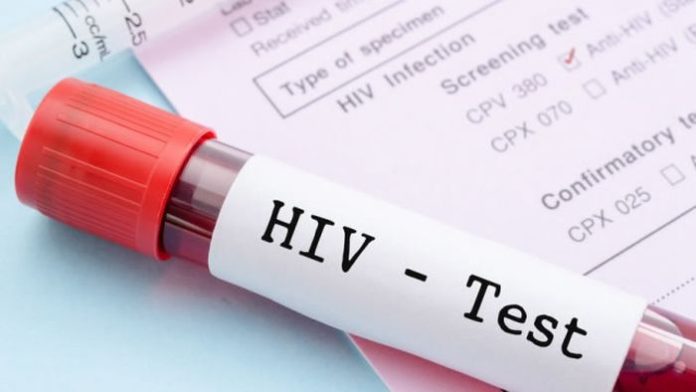A man has become the third person in the world to be cured of HIV through stem cell transplant.
According to Metro UK, the man received the stem cell transplant ten years ago and has now been cured of HIV.
The 53-year-old, known as the Dusseldorf Patient, was deemed cured after remaining healthy for four years without anti-retroviral therapy (ART).
The treatment is widely given to HIV patients in more developed countries and suppresses the virus to the point where symptoms do not present and it cannot be spread to other people if taken regularly.
Two other individuals, known as the Berlin Patient and London Patient, were also previously cured after stem cell transplants.
All three of the patients received the transplants because they had also developed acute blood disorders after getting HIV, with the Dusseldorf Patient developing leukaemia in the months after starting ART.
The Dusseldorf Patient, who was diagnosed with HIV in 2008 and received his transplant in 2013, said: ‘I still remember very well the sentence of my family doctor: “‘”Don’t take it so hard. We will experience together that HIV can be cured.”
‘At the time, I dismissed the statement as an alibi. Today, I am all the more proud of my worldwide team of doctors who succeeded in curing me of HIV – and at the same time, of course, of leukaemia.’
The man, who wishes to remain anonymous, said he celebrated the 10th anniversary of his transplant on Valentine’s Day with his donor ‘as guest of honour’.
A stem cell transplants involves destroying unhealthy blood cells and replacing them with healthy stem cells, usually from the bone marrow of another person.
They carry significant risk of complications due to infections after the operation or transplanted cells attacking other cells in the host’s body.
Due to these dangers, the are currenty only carried out where patients have other life-threatening diseases.
While stem cell therapies are unlikely to become widely available soon, researchers are optimistic the knowledge gained from curing these patients will help future studies into HIV cures.
Dr Bjorn-Erik Ole Jensen of Dusseldorf University Hospital said: ‘Following our intensive research, we can now confirm that it is fundamentally possible to prevent the replication of HIV on a sustainable basis by combining two key methods.
‘On the one hand, we have the extensive depletion of the virus reservoir in long-lived immune cells, and on the other hand, the transfer of HIV resistance from the donor immune system to the recipient, ensuring that the virus has no chance to spread again.
‘Further research is now needed into how this can be made possible outside the narrow set of framework conditions we have described.’

